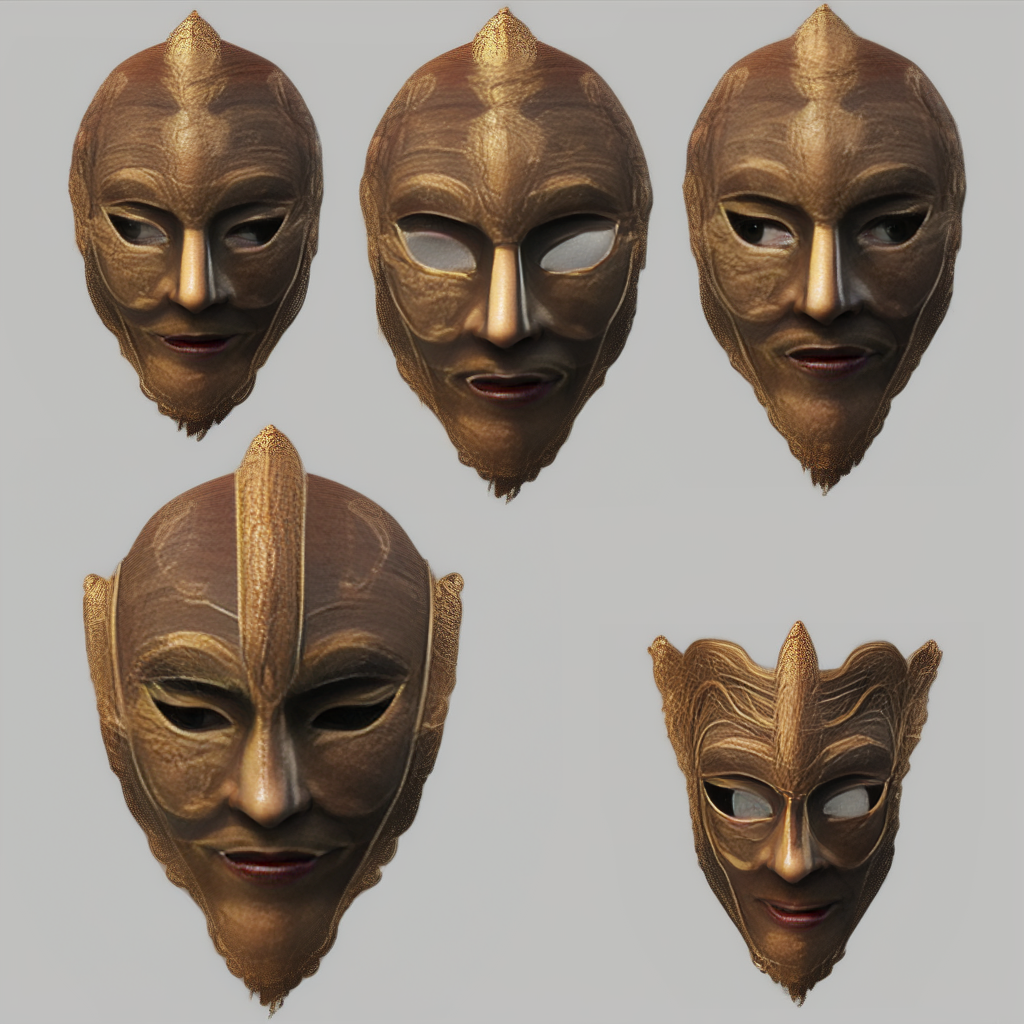A mask is a covering that is worn on the face to protect oneself, disguise one’s identity, or for ceremonial or decorative purposes. Masks have been used by humans for thousands of years and can be found in various cultures around the world. They come in different shapes, sizes, and materials and are often made from wood, metal, fabric, or even animal hides.
One of the primary functions of a mask is to serve as a protective barrier. In medical settings, masks are commonly worn to prevent the spread of airborne diseases or to keep harmful particles out of the respiratory system. Masks also offer protection against pollution or allergens, particularly for individuals with respiratory conditions.
Masks can also be used for disguise or anonymity, allowing individuals to conceal their true identities. This is often seen in theatrical performances, masquerade parties, or during traditional celebrations and festivals. These masks not only provide a sense of mystery and intrigue, but they also allow people to adopt a different persona and escape from their everyday lives.
Additionally, masks hold great cultural significance in many societies. They are frequently used in rituals, ceremonies, or religious practices to invoke spirits, gods, or ancestors. These special masks are often considered sacred and are believed to possess supernatural powers or be capable of channeling specific energies. They may be adorned with intricate designs, colors, and symbols that carry deep symbolic meanings within their respective cultures.
In summary, masks serve a variety of purposes across different contexts. Whether it be for protection, disguise, or cultural significance, masks play an essential role in human history and continue to be relevant in modern times.
